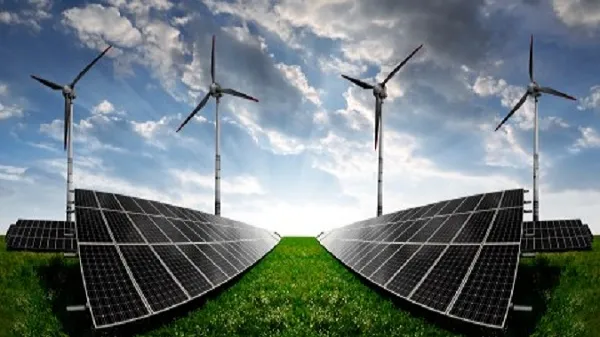
Renewables, nuclear could replace LNG’s share in Japan’s energy mix
LNG’s share in the power mix is expected to fall to 20% from 37%.
The signs of public sentiment gradually shifting to nuclear would support the Japanese government's target to veer away from importing fossil fuels such as gas, and ramp up the share of renewable energy and lower-carbon alternatives in its energy mix.
In a report, Fitch Solutions noted that the draft strategic energy plan last year showed that the government is planning to slowly shift away from imported fossil fuel and cut its carbon emissions by 46% by 2030, and reach net zero by 2050.
The share of liquified natural gas (LNG) in the power mix is expected to fall to about 20% from the current 37% in the country’s bid to veer away from fossil fuels.
“LNG inflows into Japan have already been on a slowly declining trend since 2016, more recently due to unfavourable prices and COVID-19-related disruptions, but also due to conscientious national efforts to integrate alternative power sources into the mix. This trend looks set to be maintained over the coming decade,” the report read.
“If targets set out in the new draft plan are realised, LNG stands to face strong competition from a host of renewable and lower-carbon energy sources such as solar, onshore and offshore wind, hydrogen, ammonia and biofuels,” it added.
Domestic companies are also doing their part to reduce exposure to LNG, citing leading LNG importer JERA which is planning for a 42% reduction in long-term LNG contracts by 2030, and building greater flexibility.
Meanwhile, nuclear energy resurgence could be achieved if the risks and regulatory, and safety barriers of shut nuclear reactors would be addressed. Fitch noted that the draft expected nuclear0fired generation to grow to about 20 % to 22% by 2030, from the current about 6%, as part of the decarbonisation plans.
If this is fulfilled, the growth of nuclear power “spell further downsides” to the already bearish forecasts for gas consumption and LNG import for Japan, it said, but noted that the decline expectations are conservative given the continued regulatory and social obstacles to nuclear restart plan.
Of the 33 nuclear reactors classified to be operable in Japan, Fitch said only six are active, a sharp fall from the 54 reactors in operation before the Fukushima incident, with plans to restart.

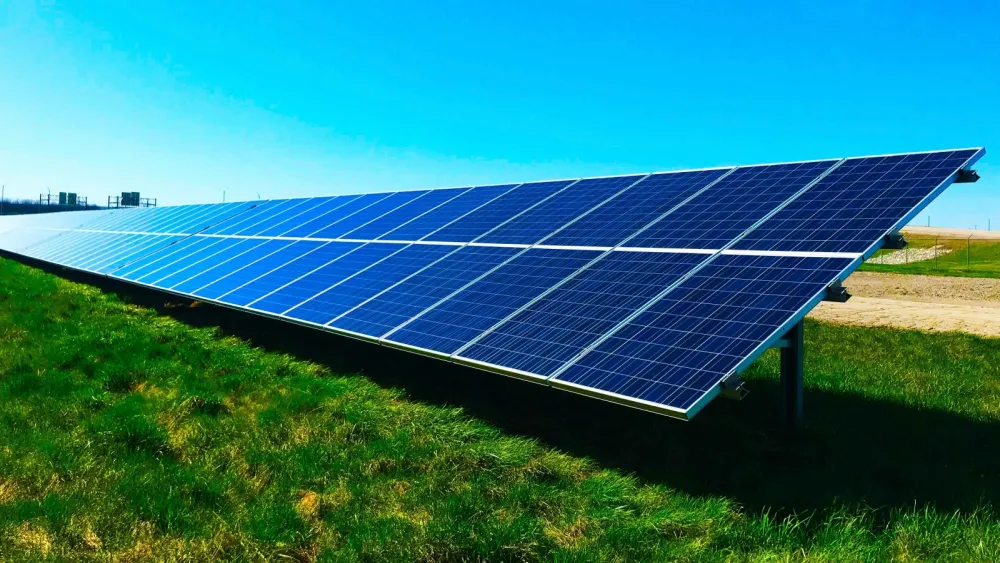
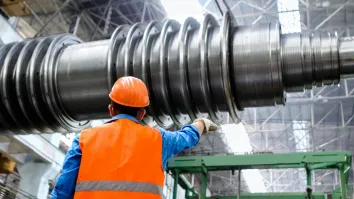
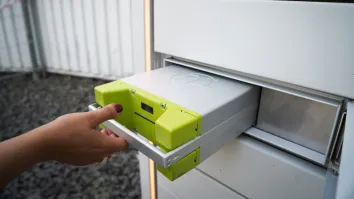
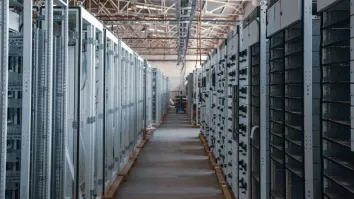
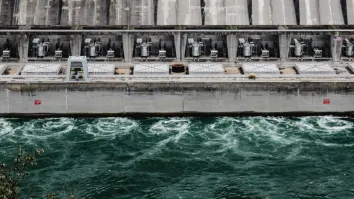













 Advertise
Advertise







